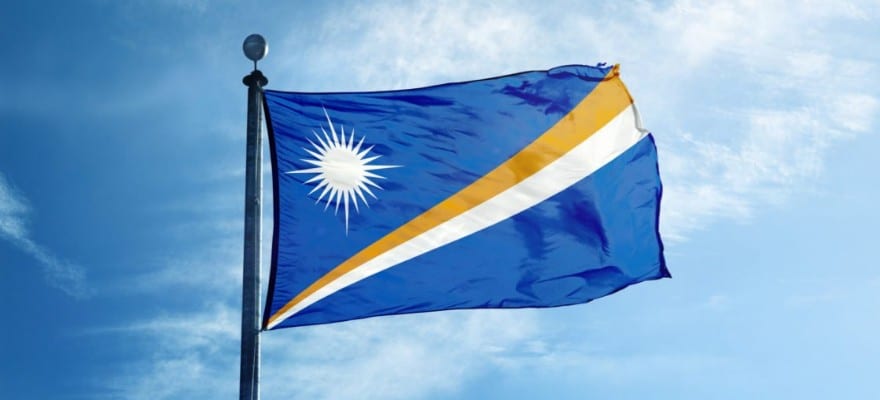Swiss Blockchain -based smart card wallet manufacturer Tangem has announced that it will issue physical banknotes of the Sovereign (SOV), the nationalized digital currency of the Marshall Islands.
In February 2018, Marshal Islands became the first jurisdiction to issue a legal cryptocurrency. The authorities of the island ordered the circulation of the digital currency along with its existing legal tender - US dollar.
According to the announcement, this initiative of issuing physical notes will “ensure all citizens of the Marshall Islands” to “have fair and equal access to their digital currency, whether or not they have [an] internet connection.”
Mentioning this development, David Paul, minister-in-assistance to the President of the Marshall Islands, said: “We are excited to bring in Tangem as another reputable and forward-thinking partner on our journey to create the world's first sovereign digital currency. Tangem will help us ensure all citizens, including those living on more remote outer islands, are able to easily and practically transact using SOV.”
Tangem will turn its existing cards with microprocessors in the form of banknotes. The firm is claiming that the blockchain technology will ensure immediate transaction validation and will have zero processing fees.
Moreover, the protected notes will be fully transparent and secure and will represent a "controllable mechanism of currency issuance and circulation for the state."
"We are excited to partner with the Republic of the Marshall Islands to do something that has never been done before: issue a digital currency as official legal tender," said Andrey Kurennykh, co-founder of Tangem. "As the IMF has noted, the world is moving towards the widespread adoption of digital currencies, and we are excited to support the birth of the new global digital economy."
Domestic and International Opposition
Though the move by the Marshall Islands’ government is considered to be a bold and progressive one, the decision has attracted many critics both in domestic and international platforms. In August 2018, International Monetary Fund (IMF) said that the move can pose threat to the islands financial integrity and relationships with foreign banks and requested its government to reconsider its decision.
Last year, a no-confidence motion fueled by the issuance of nationalized digital currency was also brought against the country’s President Hilda Heine, which she narrowly survived.
The tiny Pacific island’s government recently appointed a cryptocurrency and blockchain consultant to streamline its crypto adoption process.

















